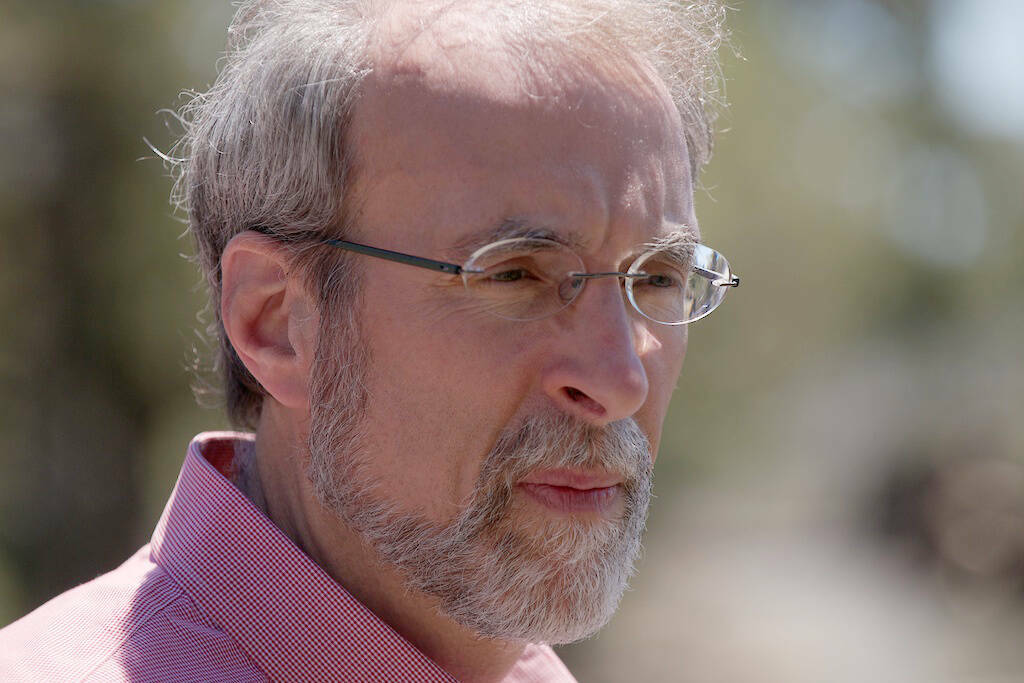The country is looking at tariffs the wrong way. This isn’t a new problem — we’ve been making the same mistake since the first U.S. tariffs on imported goods in 1790. But the self-inflicted case of mistaken identity has gone on far too long and it’s time to fix it.
The problem is that the U.S. imposes tariffs on what we buy, which is why the added cost often ends up hurting no one but ourselves. And now the country is talking about even more and larger tariffs on what we buy for our homes, business and factories — the very items that many consider essential to their daily living.
Though a lot of people see tariffs as a way to punish foreign countries, we’re the ones who want cheap clothes, cheap electronics, cheap furniture and cheap shoes. We’ve been poking ourselves in the eye and wondering why it hurts.
The biggest argument from tariff supporters is that financial penalties on imported goods can boost U.S. manufacturers by handicapping their competition. Make it more expensive to buy a bicycle made in China and maybe millions of Americans will be willing to pay more for one made in America to preserve jobs in the U.S.
Regardless of whether higher tariffs will help or hurt the U.S. economy and jobs, it leads to nasty political debates, uncertain economic predictions and more shouting across social media, which is the last thing this country needs.
I have a better idea: Don’t put a tariff on what we want in America, slap a financial penalty on what we don’t want. Like the Arctic Blast, also known as the Polar Vortex or the Damn-It’s-Cold-In-Dallas weather front that is swooping into the U.S. in increasing frequency from Russia and Canada.
Americans enjoy their maple syrup from Canada, Tim Horton’s donuts (the maple leaf version of Dunkin), the plentiful crude piped from Alberta oil sands that is the perfect grade for Midwest refineries. Certainly, some Americans prefer Canadian beer, Canada Goose outerwear, Northwest Territories diamonds with a lovable polar bear laser-etched into the edge, canola oil from Saskatchewan and $2 billion a year of chocolates (who knew).
So why punish ourselves by making all those products more expensive. Turn around the tariff argument and punish the countries that send us all those polar cold spells that snap equipment, sap our energy and tap out our savings to pay the heating bill.
Looking at the map for the most recent deep freeze, the jet stream picked up frigid temps in Russia’s Siberia, then dipped, curved and crossed north of Alaska before running through Canada, supercharging its cold before invading the U.S. — no border checks required.
And just an FYI: The air flow never crossed Greenland as it swirled around high above. So we can’t use it as an excuse to attack our Arctic brethren.
Change the tariff law so that every time Americans from the Mountain States to as far south as Texas get frozen out of their cars or their water pipes freeze or their Canada Goose down jacket isn’t enough to keep them warm at 20 below, send a tariff invoice to our next-door northern neighbors.
But I wouldn’t bother putting a tariff on Russia for its part in the cold weather. They’d probably try to pay the bill with more of the farmed salmon they dump on the market.
Larry Persily is the publisher of the Wrangell Sentinel.

